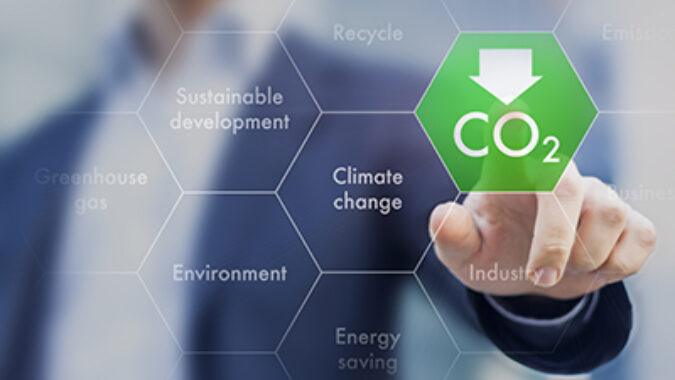No member of the business community was invited to speak at a Senate Environment and Energy Committee hearing to outline climate change policy on Thursday.
As a result, NJBIA Vice President of Government Affairs Ray Cantor sent a letter to the committee with thoughts and recommendations, while welcoming the opportunity to further explain some policy options in the future.
Cantor noted in his letter the wide range of NJBIA members who are consumers of energy, as well as multiple companies which supply all types of energy.
“I mention the breadth of our membership and their various interests to highlight that our position is not just to keep to the status quo or to say 'no' to needed change,” Cantor wrote. “It is to ensure that energy and climate policy are reflective of the range of these interests and is based on sound science and economic realities, not merely ideological soundbites and calls for drastic action.
“It is because we represent all sides of the energy issue that we are keenly focused on what the science actually says, what the risks are and are not, and the impacts of the decisions we make.”
In his memo, Cantor recommended New Jersey’s energy policy be founded on six foundational principles:
- Reducing carbon emissions as much and as quickly as practicable based on the best interests of the people living in this state and our economic needs;
- Ensuring that energy is both affordable and reliable;
- Technological advances should be pursued as a key component of the state Energy Master Plan;
- No major changes in energy sources should be mandated until affordable and reliable alternatives are readily available to replace those sources, and the infrastructure is in place or planned to be in place when those sources are activated;
- There should be continued pursuit of established clean energy options, including wind, solar, and nuclear power; and
- Multiple energy options should be available to ensure the continuous availability of energy in varied forms, in sufficient quantities, and at affordable prices.




